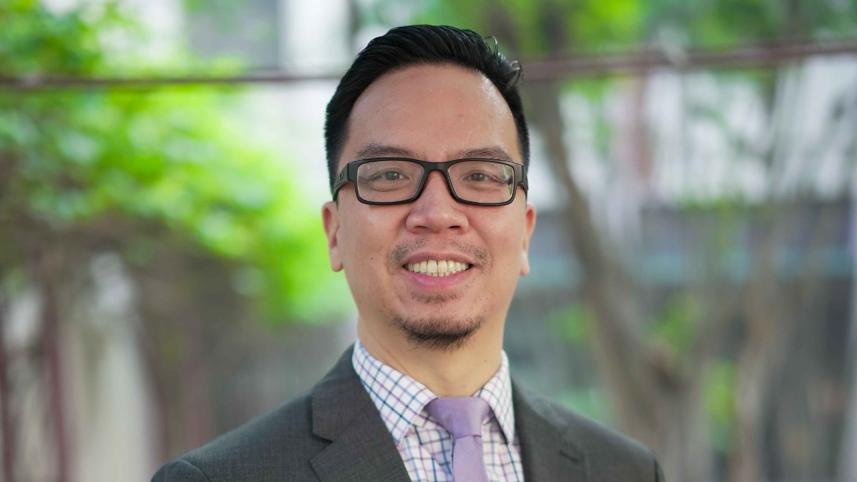Role of college counseling: getting students on the right track for university

Choosing a university is like picking a key that will unlock an academic journey. Each university has its own unique teaching style, campus vibe and culture. Universities are more just about courses.
Choosing the 'best fit' university shapes a student's personal development, academic path and future career. In today's complex global landscape, it can be overwhelming for students and parents alike. And more so, if it is an overseas institution. That's where a college counselor can play a critical role in helping students and parents make informed choices.
The key principle behind effective counseling is finding a university that matches the student's academic qualifications and connects with their personal, social, and cultural needs. College counseling builds strong relationships, not only with students, families, and teachers, but also with university partners. They are able to demystify the admission process and offer personalized guidance on which university to choose.
The counselors help students consider certain critical factors that many people overlook, including campus size, environment, support services, extracurricular activities, and alignment of dietary and religious facilities, like having access to halal food or prayer spaces. Apart from admissions, the primary goal of college counseling is to empower their students to become independent learners who will thrive in their chosen universities.
For Bangladeshi students, the USA is usually the first choice for higher education. But we have recently noticed a shift towards Canada, Australia, and parts of Europe, like France, Hungary and Austria. Sometimes, decisions are shaped by immigration policies, long-term career opportunities, and the cost of education. These days, students are exploring a wider range of academic fields than the traditional STEM majors. Education, psychology, international relations and architecture are gaining popularity. Moreover, the International Baccalaureate (IB) curriculum has been playing a unique role in the shift of academic fields. It promotes essential life skills, such as independent thinking, intercultural understanding, collaboration and research.
These skills are invaluable for students to gain access to university admissions and to thrive when they are there. Students from the IB curriculum are recognized for their intellectual curiosity and academic preparedness. Even the university admission officers, who often visited our campus, commented on how engaged and thoughtful our students were during their discussions.
For the IB, counseling support starts early in Grade 8 through regular conversations, which becomes structured in Grade 9. Through these counseling sessions, students can reflect on their values, long-term goals, and interests. They also select their academic pathways and extracurricular activities that align with their chosen university plan.
By Grade 10, students have to choose between the IB Diploma Programme and a US High School Diploma (ISD High School Diploma). Around 80 percent of our students go to the IBDP. Entry to the IBDP is selective and based on academic performance, learning habits, and recommendations.
Another crucial area where college counseling adds value is around scholarship opportunities. With increasing global tuition fees, scholarships, especially merit-based ones, can make higher education more accessible. Additionally, scholarships are prestigious and open more doors to future postgraduate programs. As college counselors, we work closely with students to craft compelling and authentic applications, highlighting their unique aspirations, experiences and strengths.
These days, universities are taking a more holistic view of their applicants. It is not just about test scores and grades, but also about leadership, social responsibility, character and creativity.
Universities seek diverse voices in their lecture theatres and value empathy, global awareness and resilience. It presents a unique opportunity for Bangladeshi students, as many top universities are eager to attract applicants from underrepresented regions with rich cultural perspectives. Most, if not all, highly selective universities are looking for diverse world views and real-life experiences to add to their learning communities.
Remember, college counseling today is more than filling out an application. It is a thoughtful and personalized journey that equips students with confidence and clarity. Through early preparation, strategic planning, and honest conversations, we can empower our students to take ownership of their future and step into the next phase of their lives with purpose.
Brian Eng is the University and Career Counsellor at International School Dhaka



 For all latest news, follow The Daily Star's Google News channel.
For all latest news, follow The Daily Star's Google News channel.
Comments